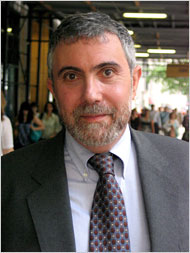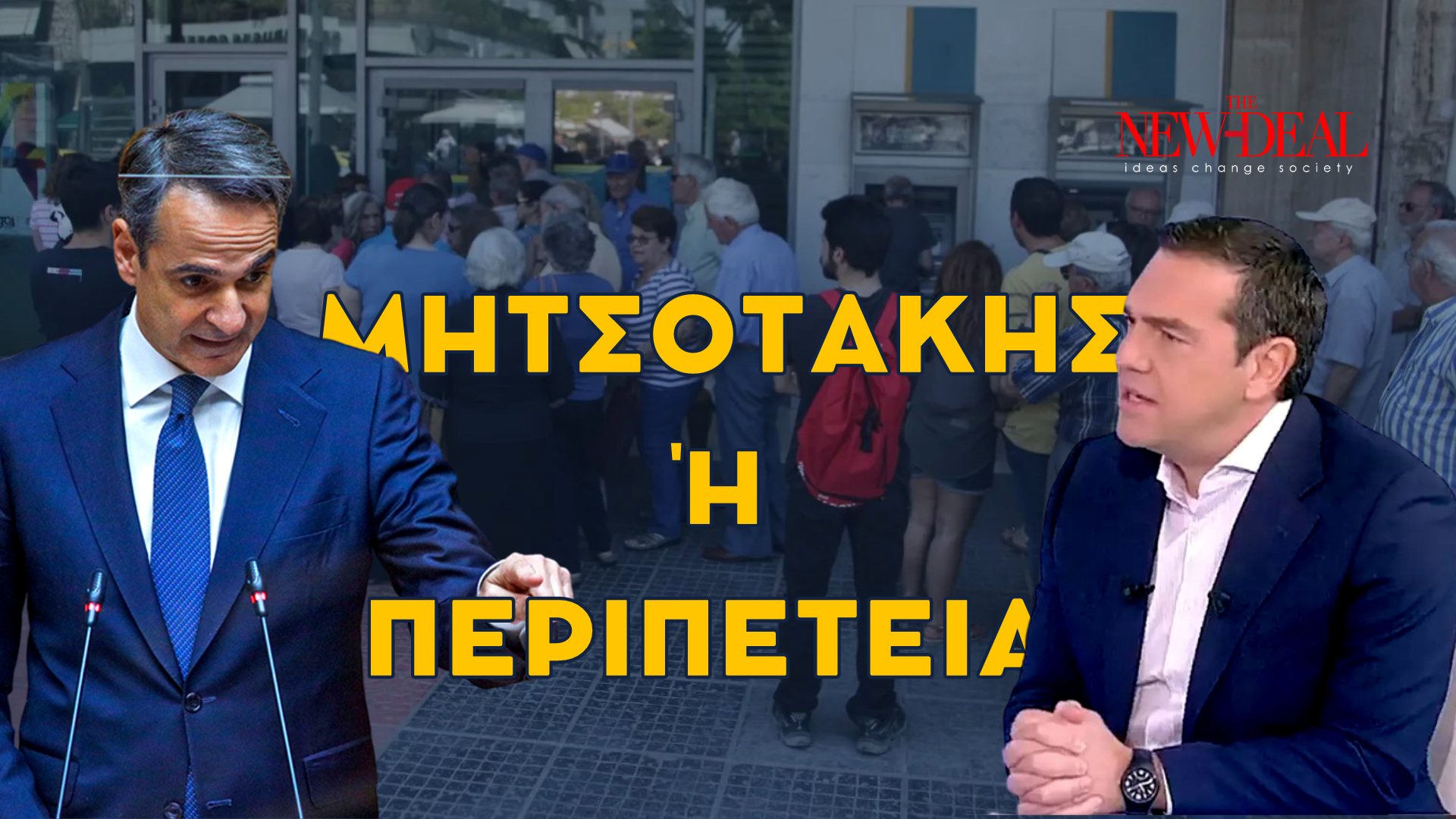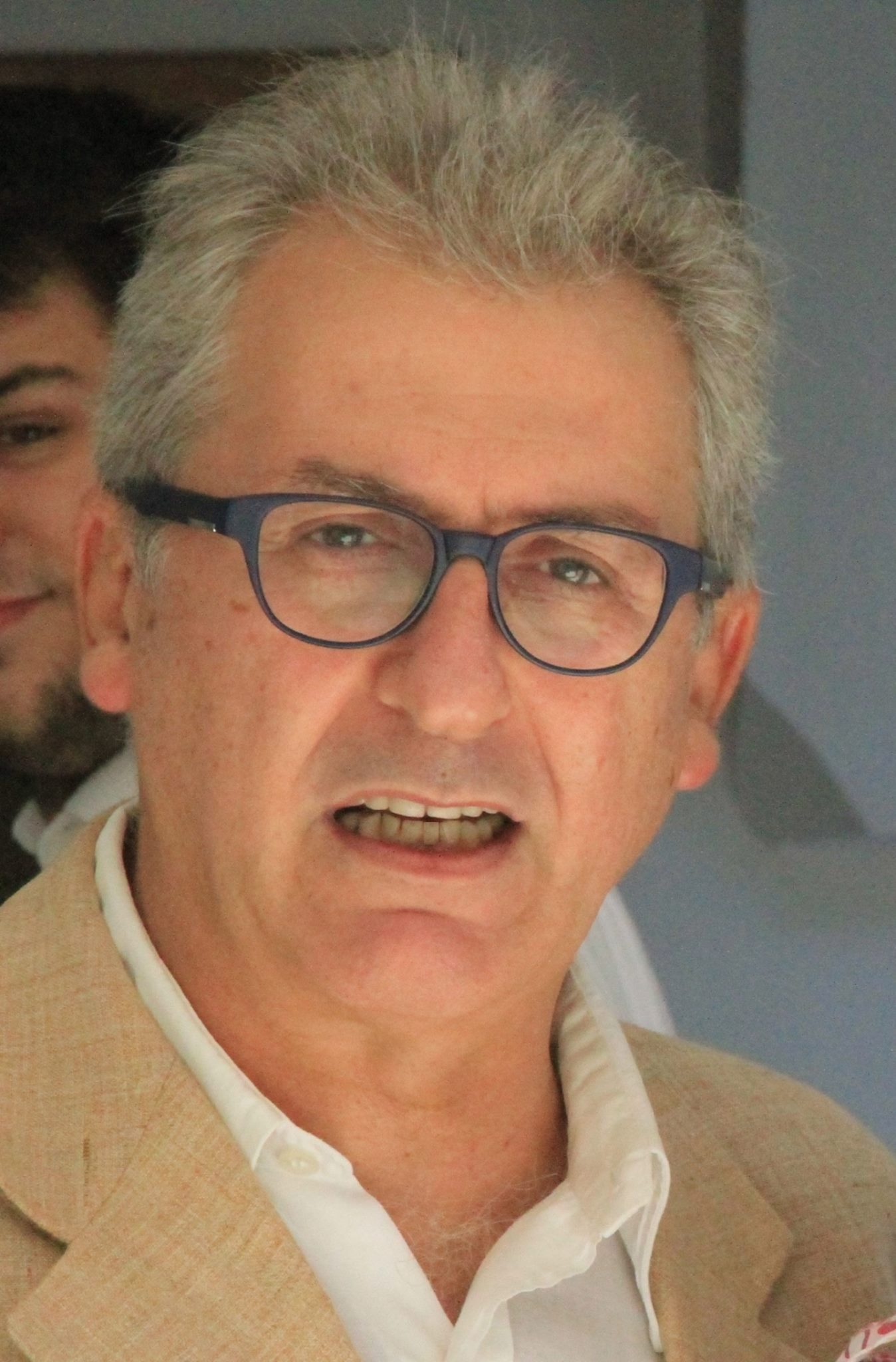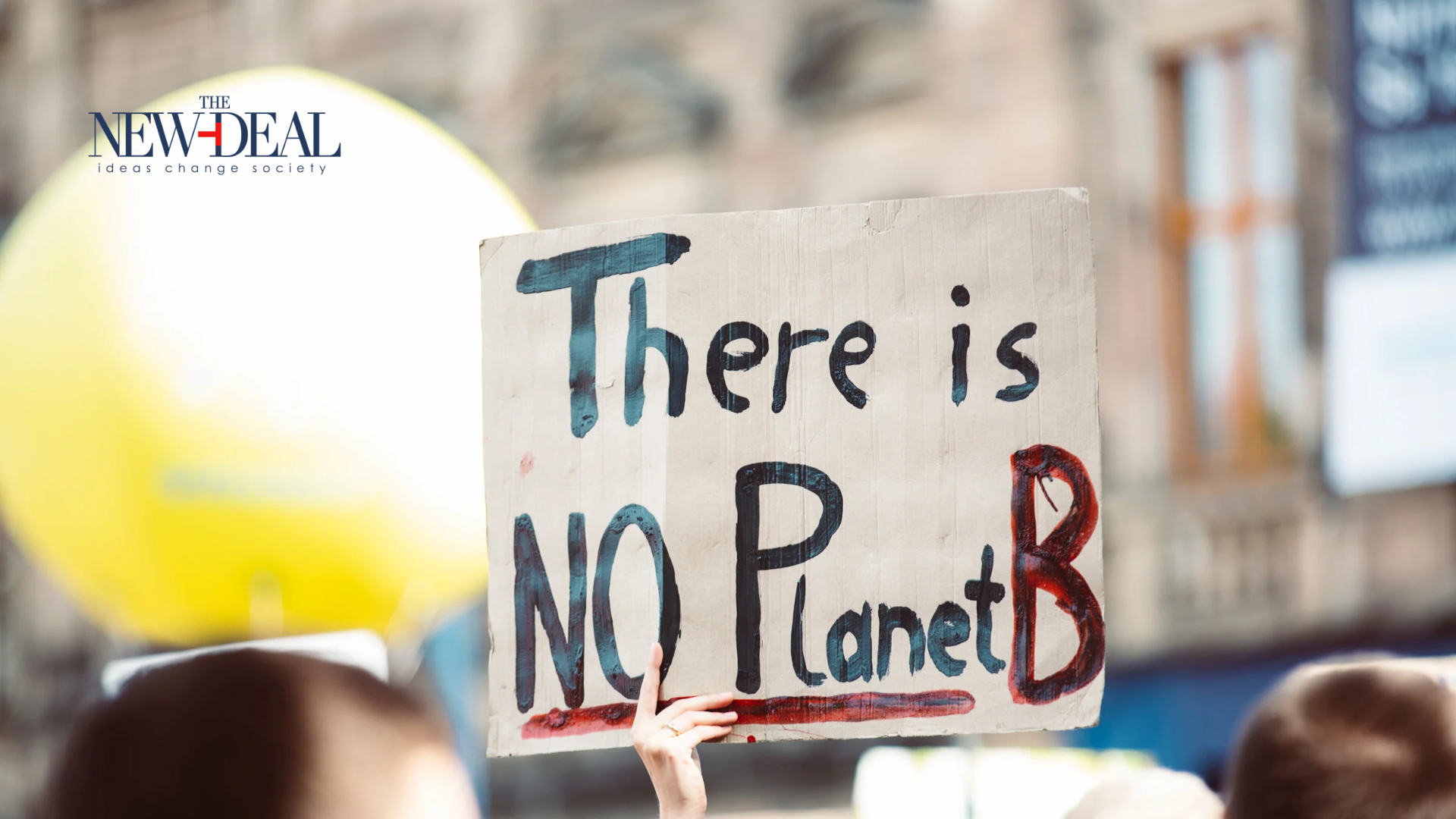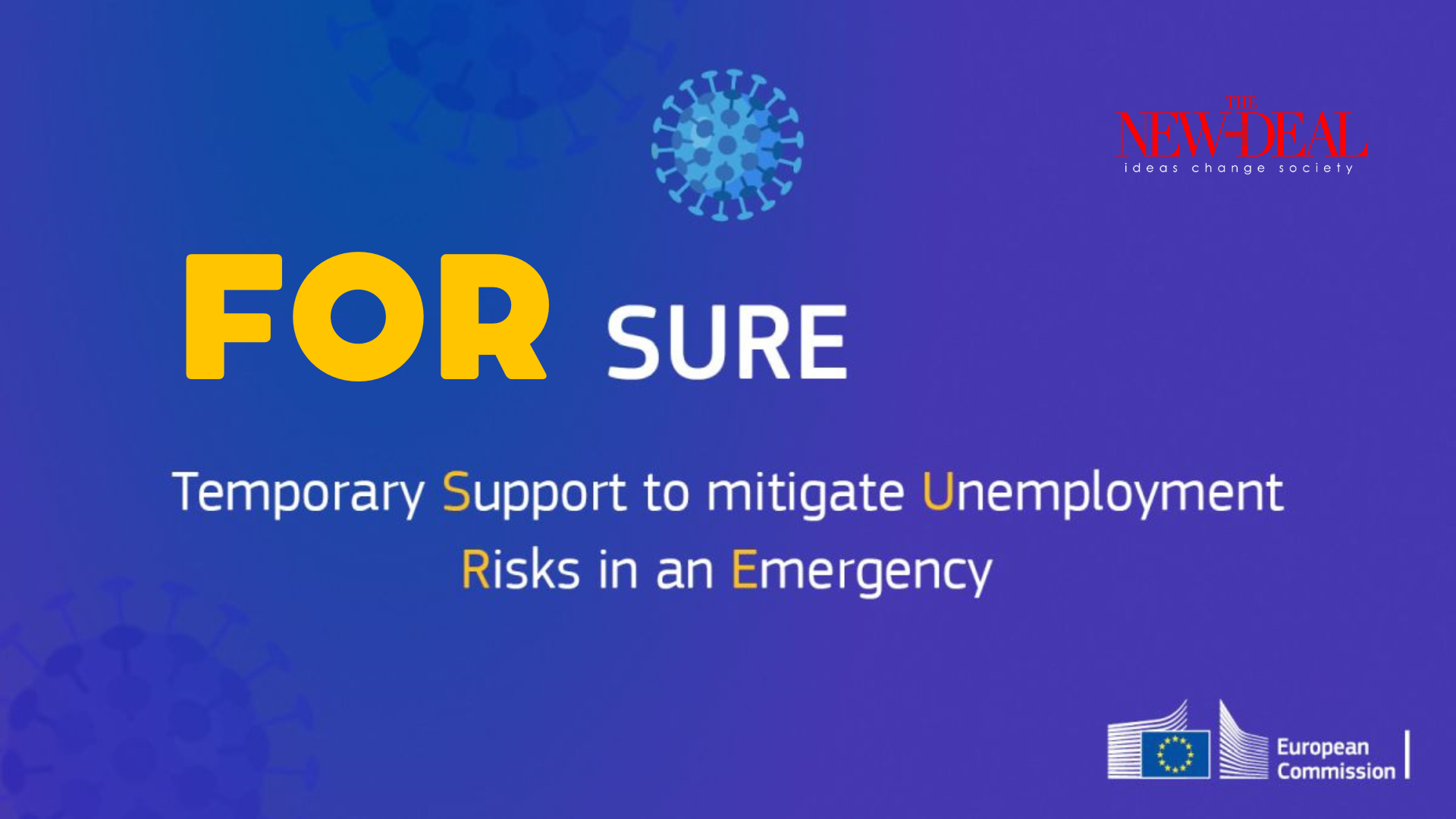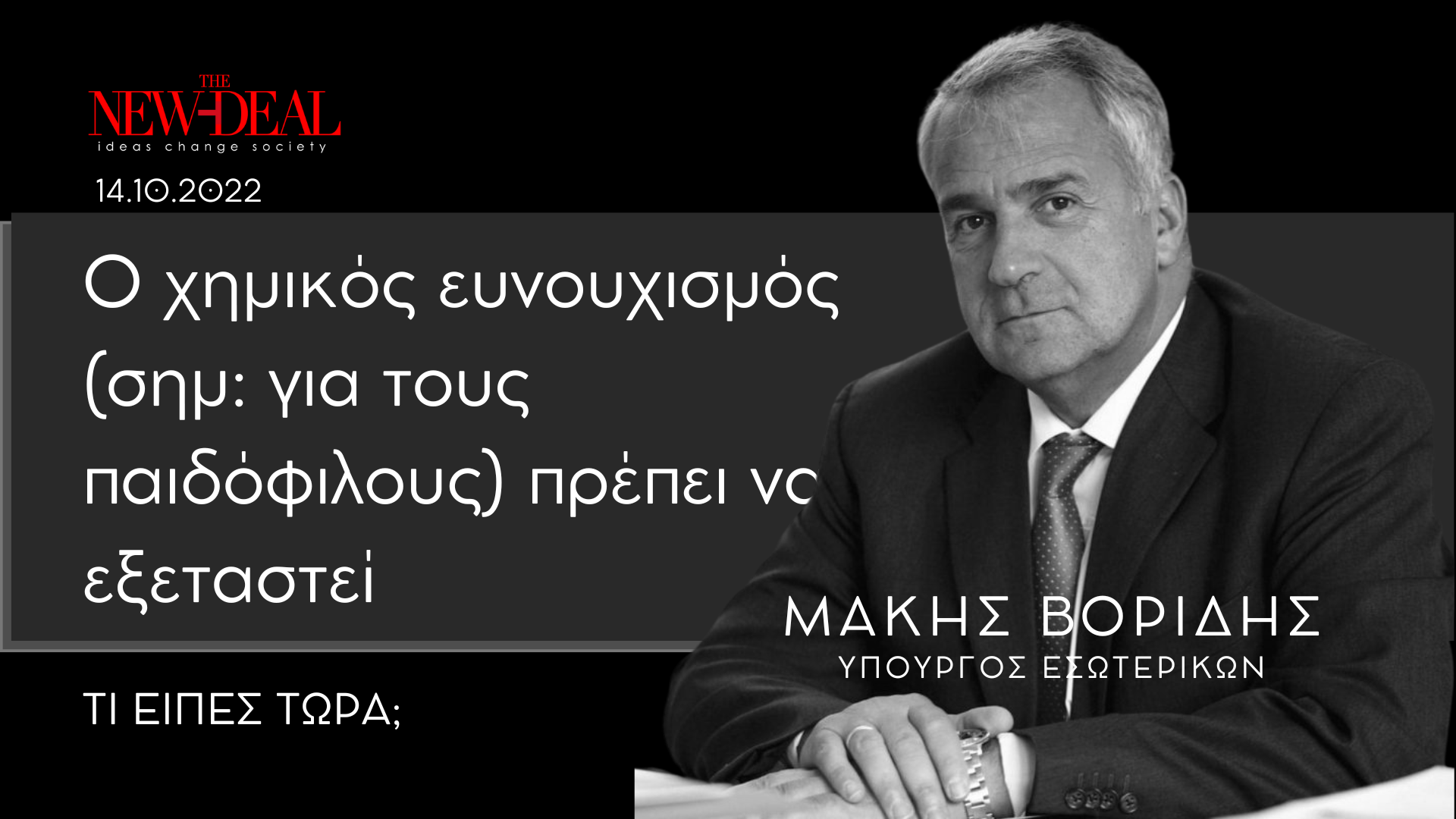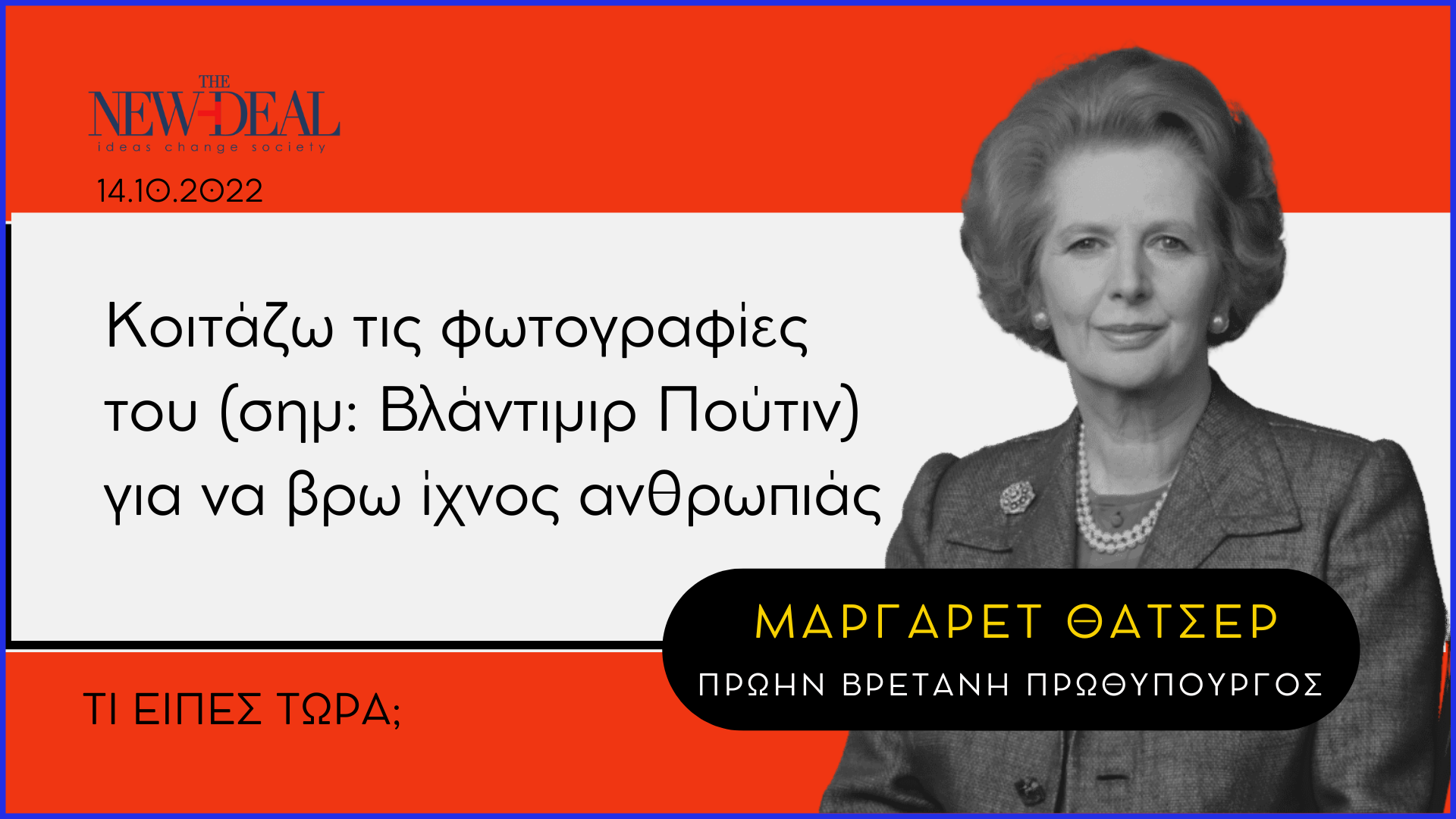του PAUL KRUGMAN
Back in 1980, just as America was making its political turn to the right, Milton Friedman lent his voice to the change with the famous TV series “Free to Choose.” In episode after episode, the genial economist identified laissez-faire economics with personal choice and empowerment, an upbeat vision that would be echoed and amplified by Ronald Reagan.
But that was then. Today, “free to choose” has become “free to die.”
I’m referring, as you might guess, to what happened during Monday’s G.O.P. presidential debate. CNN’s Wolf Blitzer asked Representative Ron Paul what we should do if a 30-year-old man who chose not to purchase health insurance suddenly found himself in need of six months of intensive care. Mr. Paul replied, “That’s what freedom is all about — taking your own risks.” Mr. Blitzer pressed him again, asking whether “society should just let him die.”
And the crowd erupted with cheers and shouts of “Yeah!”
The incident highlighted something that I don’t think most political commentators have fully absorbed: at this point, American politics is fundamentally about different moral visions.
Now, there are two things you should know about the Blitzer-Paul exchange. The first is that after the crowd weighed in, Mr. Paul basically tried to evade the question, asserting that warm-hearted doctors and charitable individuals would always make sure that people received the care they needed — or at least they would if they hadn’t been corrupted by the welfare state. Sorry, but that’s a fantasy. People who can’t afford essential medical care often fail to get it, and always have — and sometimes they die as a result.
The second is that very few of those who die from lack of medical care look like Mr. Blitzer’s hypothetical individual who could and should have bought insurance. In reality, most uninsured Americans either have low incomes and cannot afford insurance, or are rejected by insurers because they have chronic conditions.
So would people on the right be willing to let those who are uninsured through no fault of their own die from lack of care? The answer, based on recent history, is a resounding “Yeah!”
Think, in particular, of the children.
The day after the debate, the Census Bureau released its latest estimates on income, poverty and health insurance. The overall picture was terrible: the weak economy continues to wreak havoc on American lives. One relatively bright spot, however, was health care for children: the percentage of children without health coverage was lower in 2010 than before the recession, largely thanks to the 2009 expansion of the State Children’s Health Insurance Program, or S-chip.
And the reason S-chip was expanded in 2009 but not earlier was, of course, that former President George W. Bush blocked earlier attempts to cover more children — to the cheers of many on the right. Did I mention that one in six children in Texas lacks health insurance, the second-highest rate in the nation?
So the freedom to die extends, in practice, to children and the unlucky as well as the improvident. And the right’s embrace of that notion signals an important shift in the nature of American politics.
In the past, conservatives accepted the need for a government-provided safety net on humanitarian grounds. Don’t take it from me, take it from Friedrich Hayek, the conservative intellectual hero, who specifically declared in “The Road to Serfdom” his support for “a comprehensive system of social insurance” to protect citizens against “the common hazards of life,” and singled out health in particular.
Given the agreed-upon desirability of protecting citizens against the worst, the question then became one of costs and benefits — and health care was one of those areas where even conservatives used to be willing to accept government intervention in the name of compassion, given the clear evidence that covering the uninsured would not, in fact, cost very much money. As many observers have pointed out, the Obama health care plan was largely based on past Republican plans, and is virtually identical to Mitt Romney’s health reform in Massachusetts.
Now, however, compassion is out of fashion — indeed, lack of compassion has become a matter of principle, at least among the G.O.P.’s base.
And what this means is that modern conservatism is actually a deeply radical movement, one that is hostile to the kind of society we’ve had for the past three generations — that is, a society that, acting through the government, tries to mitigate some of the “common hazards of life” through such programs as Social Security, unemployment insurance, Medicare and Medicaid.
Are voters ready to embrace such a radical rejection of the kind of America we’ve all grown up in? I guess we’ll find out next year.
Το άρθρο του νομπε΄λίστα οικονομολόγου Paul Krugman δημοσδιεύεται στην εφημερίδα “Τhe New York Times”


